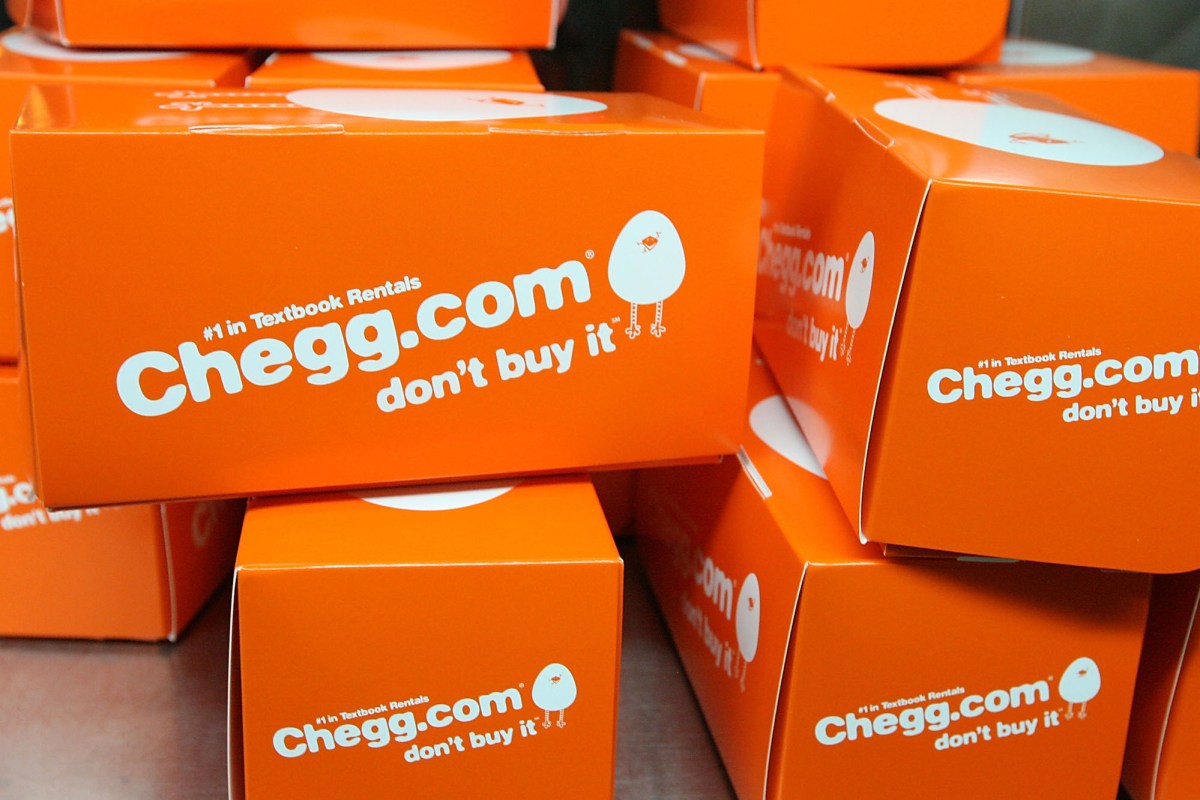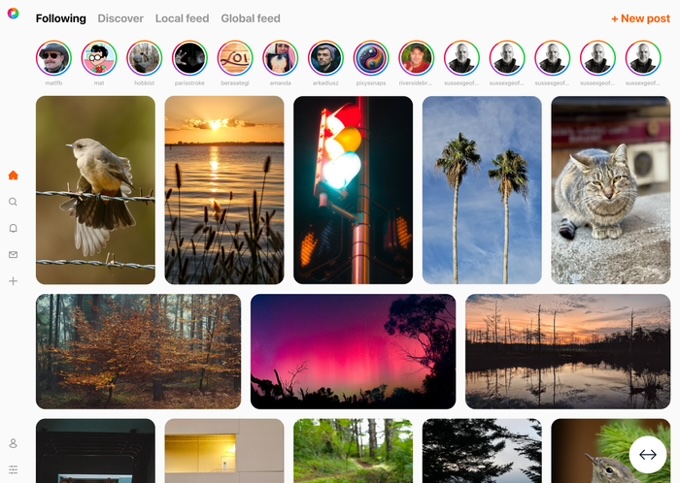Chegg Takes Legal Action Against Google for AI-Powered Search Summaries
In a significant legal move, edtech company Chegg has filed a lawsuit against Google, alleging that the tech giant’s AI-generated summaries of search results have negatively impacted Chegg’s website traffic and revenue. This case brings to light the ongoing tensions between digital content providers and search engine monopolies.
Details of the Lawsuit Against Google
Chegg’s lawsuit was filed in the U.S. District Court for the District of Columbia. The company claims that Google is engaging in unfair competition through several practices:
- Reciprocal dealing
- Monopoly maintenance
- Unjust enrichment
According to Chegg, Google coerces businesses into providing their content for inclusion in Google Search. This practice, they argue, exemplifies Google’s monopolistic behavior, enabling the tech giant to benefit from the intellectual property (IP) of third-party companies.
Relief Sought by Chegg
In its lawsuit, Chegg is seeking:
- Compensatory damages for losses incurred
- Additional forms of legal relief
- An injunction to halt Google’s alleged unlawful practices
Impact on Publishers and Content Providers
Chegg is not the only publisher raising concerns about Google’s AI initiatives. Many news organizations have reported a decline in traffic due to Google’s AI summaries, which aggregate information from diverse web sources to respond to user queries. This trend highlights the ongoing challenges content creators face in the digital landscape dominated by major search engines.
Next Steps
As this case unfolds, it will be interesting to see how it influences the relationship between content providers and tech giants. We have reached out to Google for a statement regarding the lawsuit and will provide updates as they become available.
For more insights into the impacts of AI on digital content, check out our article on the impact of AI on content creation.






